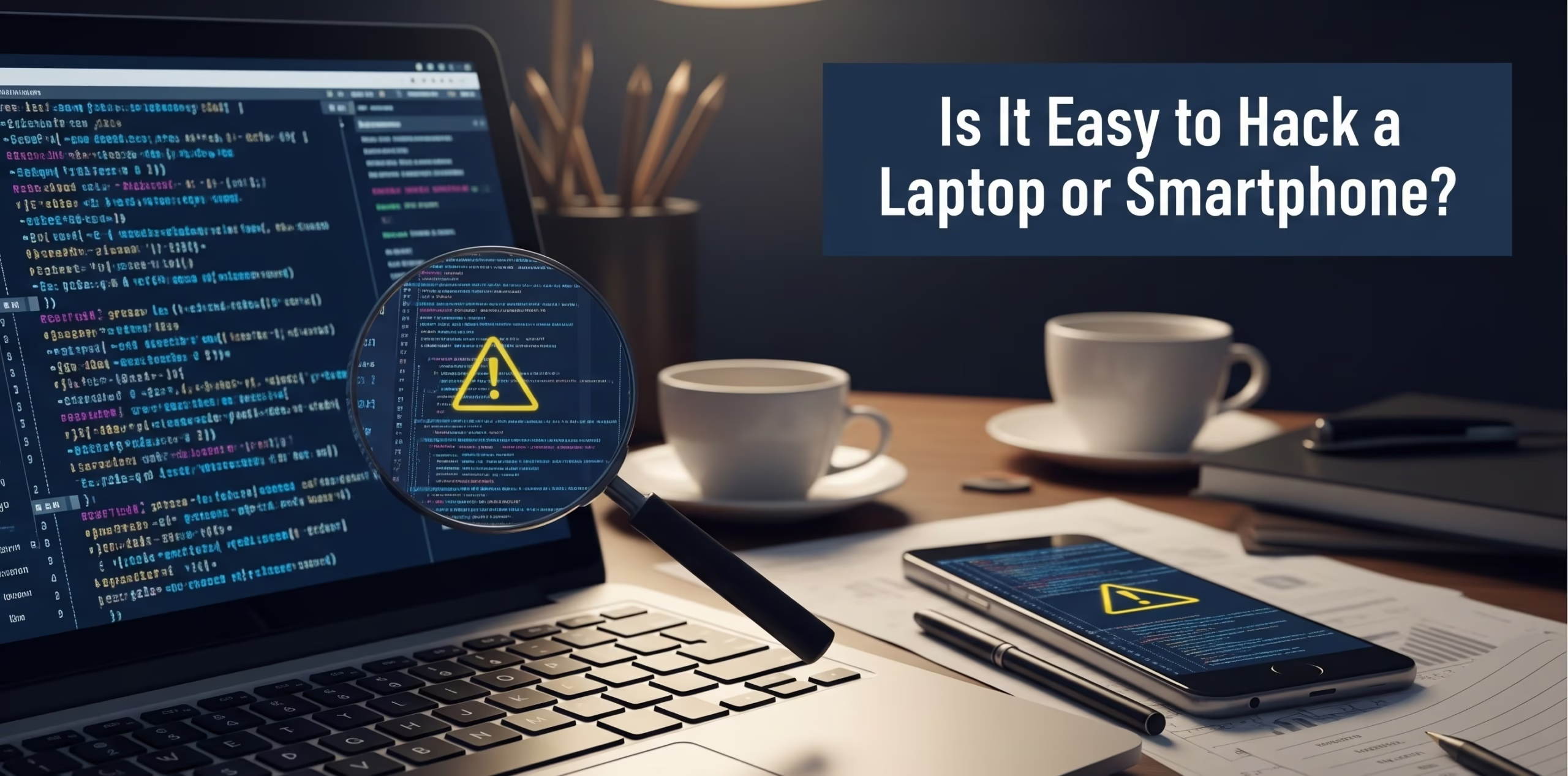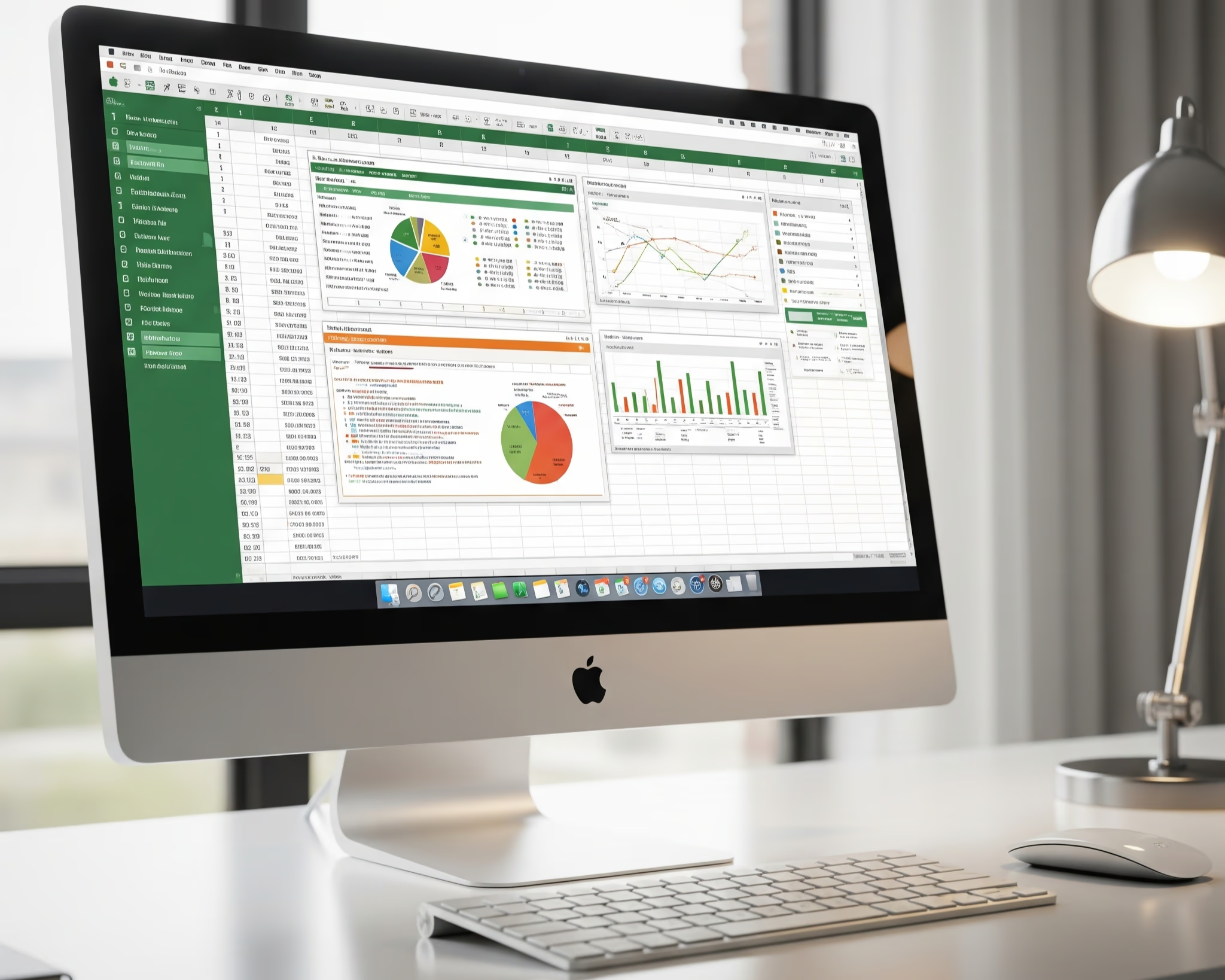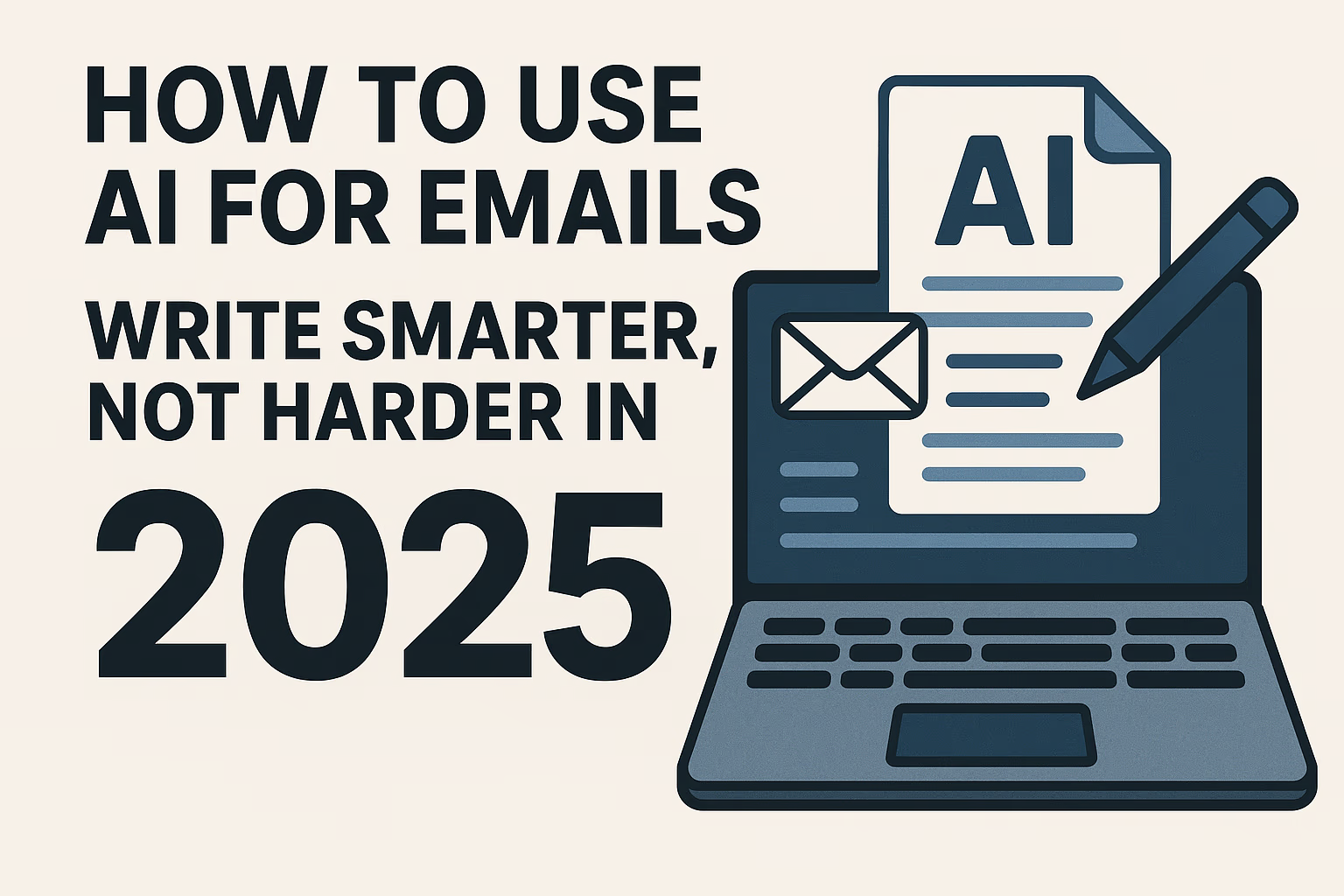Laptop vs Smartphone Security: What You Need to Know
In our increasingly connected world, almost everyone carries a smartphone and uses a laptop. These devices are loaded with personal data—photos, messages, bank info, passwords, and even work documents. But have you ever wondered: Which is easier to hack—a laptop or a smartphone ? And which one is more secure ?
Let’s break it down in plain language.
Smartphones: Surprisingly Tough to Crack
Despite how often we use them (or maybe because of that), smartphones are generally harder to hack than laptops—at least directly. Here’s why:
🔒 Locked Down Operating Systems
iOS (iPhones) and Android are tightly controlled environments. Apps run in isolated “sandboxes”, meaning they can’t easily talk to each other or dig into the system. On iPhones, it’s even stricter—apps can’t do much without Apple’s permission.
📱 Frequent Updates
Smartphones usually get updates automatically—especially iPhones. This means security patches roll out quickly, plugging holes that hackers might try to use.
🛡️ App Stores Offer Protection
Apps from the Apple App Store and Google Play Store are scanned for malware. While some bad apps slip through, it’s much safer than downloading random files from websites (which is more common on laptops).
- But smartphones aren’t invincible. They can still be hacked through:
- Phishing (tricking you into clicking a bad link)
- Malicious apps (especially from outside the app stores)
- Exploits in outdated phones that no longer get updates
Laptops: More Freedom, More Risk
Laptops—especially Windows and Linux machines—offer a lot more freedom, and with that comes more risk.
💻 Open Ecosystem
You can install almost anything on a laptop. That includes amazing software, but also dangerous malware. There’s no centralized store to filter bad stuff (unless you’re using something like the Microsoft Store, which few people do).
🧩 Complex Software
Laptops often run multiple programs, plugins, extensions, and custom scripts. This complexity opens more doors for hackers to sneak in—especially if users don’t update regularly.
🕸️ More Attack Vectors
Laptops are often connected to risky networks (like public Wi-Fi), download files from various websites, and run services that might be vulnerable (e.g. remote desktop, web servers, etc.).
So… Which One Is Easier to Hack?
If we’re talking about a direct hack, laptops are generally easier to compromise than smartphones. They’re more open, less restricted, and often not as up-to-date with security patches.
Smartphones, especially modern ones, are harder targets, though they can still be hacked—mostly through social engineering or tricking the user into granting access.
Final Thoughts: Which Is More Secure?
- For most users, smartphones are more secure out of the box.
- Laptops can be made secure, but they require more care—using antivirus software, applying updates, using firewalls, and being cautious about what you download.
- If you’re a high-value target (like a journalist, activist, or executive), both devices need serious protection.
🛡️ Basic Tips to Stay Safe:
- Use strong, unique passwords (or a password manager)
- Turn on 2FA (Two-Factor Authentication) wherever possible
- Keep your devices updated
- Avoid shady websites and apps
- Don’t click on suspicious links
TL;DR: Smartphones are harder to hack due to their locked-down systems and update habits, while laptops offer more freedom—and more risk. Stay smart, stay updated, and you’ll already be ahead of most threats.





20ztgc